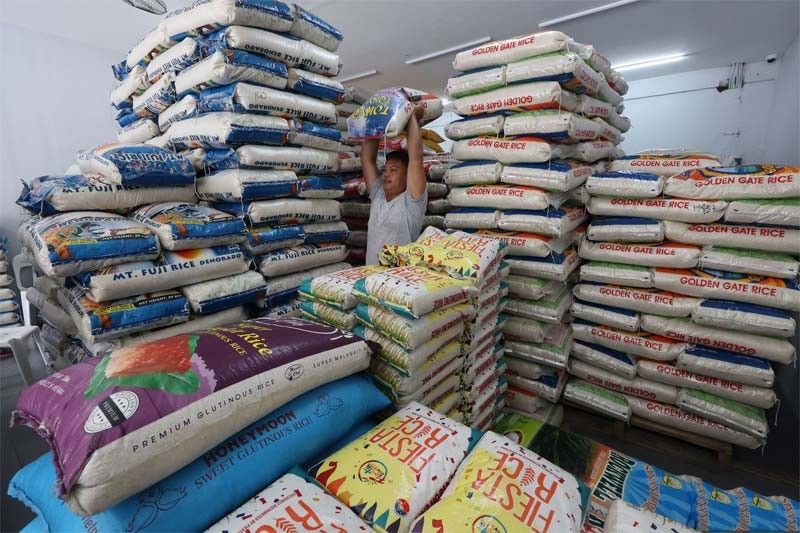Rising rice prices expose gov't's inflation management flaws — think tank

MANILA, Philippines — Economic think tank Ibon Foundation on Tuesday said that the latest inflation figures, driven by a notable increase in rice prices, indicate a failure in the government's management of inflation in the Philippines.
The think tank attributed the government's inability to lower prices to the Rice Tarrification Law, which they claim has resulted in increased rice prices.
“The Marcos government should rescind its rice liberalization law that has only led to higher rice prices,” Ibon’s statement read.
To address the issue, aside from scrapping the Rice Tarrification Law, the think tank suggeted halting the rice import liberalization, providing substantial support to producers, and boosting the purchasing power of low-income households.
Ibon also said that the poorest 30% of households experienced a worsening situation, with their inflation rate increasing from 3.6% in January 2024 to 4.2% in February 2024.
The rise was largely driven by faster inflation in food and non-alcoholic beverages, which increased from 5.2% to 6.4%.
Rice inflation, especially pronounced among the poorest households, also contributed significantly, rising from 24.8% to 26.3%.
The Philippine Statistics Authority (PSA) noted that the acceleration in rice prices contributes to a weighted index of 8.87% in the Consumer Price Index for all households.
On Tuesday, the PSA said that rice inflation accelerated to 23.7% in February, surpassing the 22.6% recorded last month.
According to National Statistician and PSA chief Dennis Mapa, the country may expect high rice inflation until August.
- Latest
- Trending





























